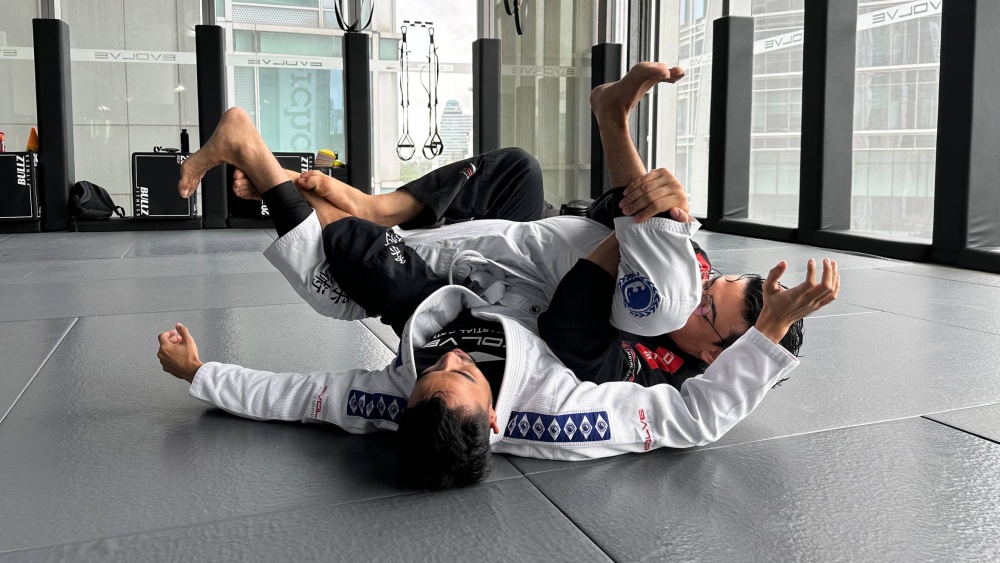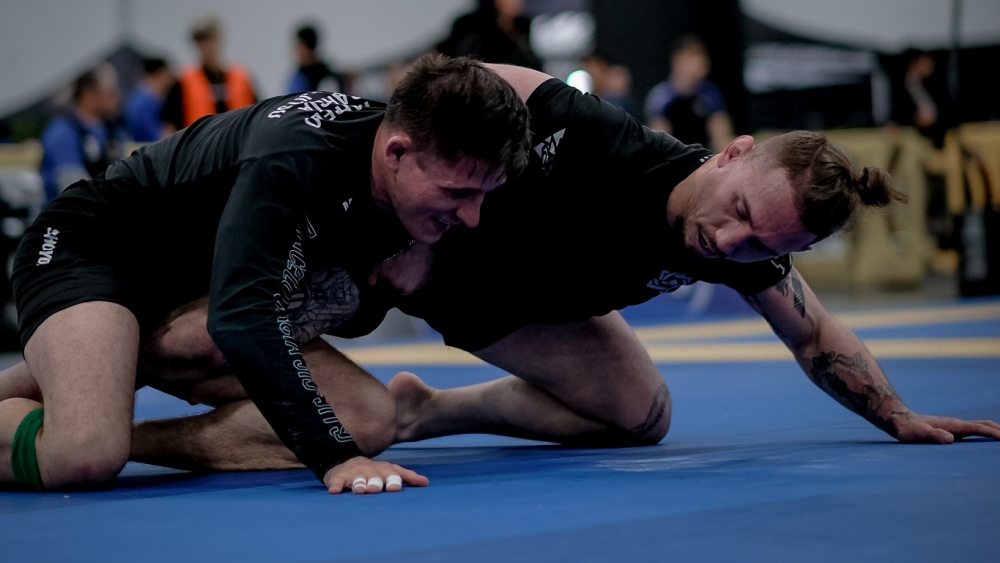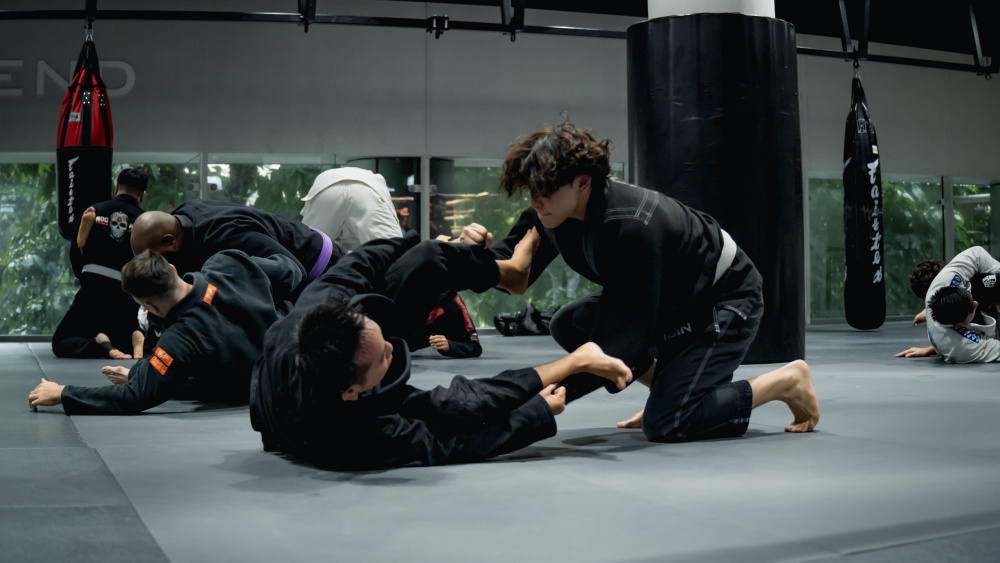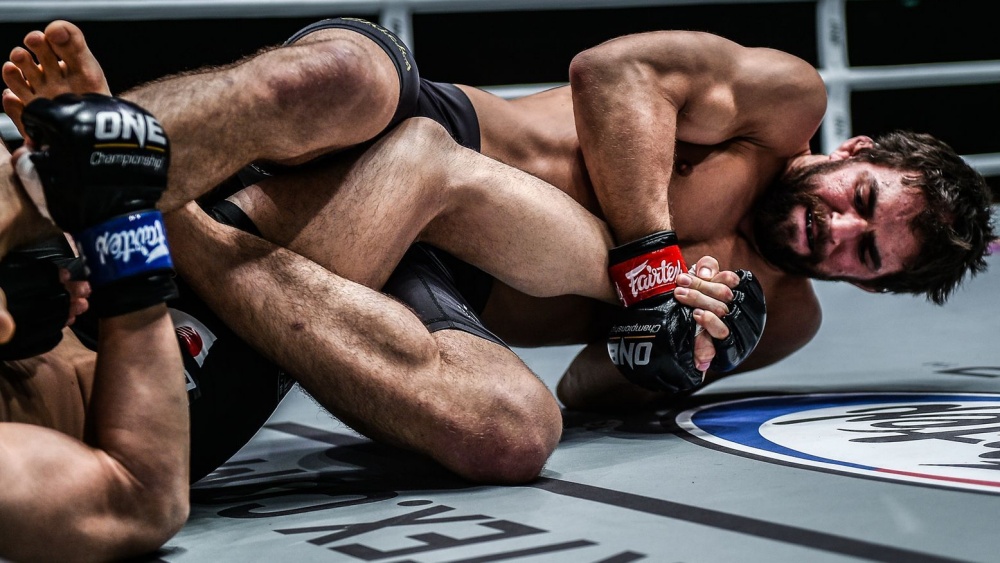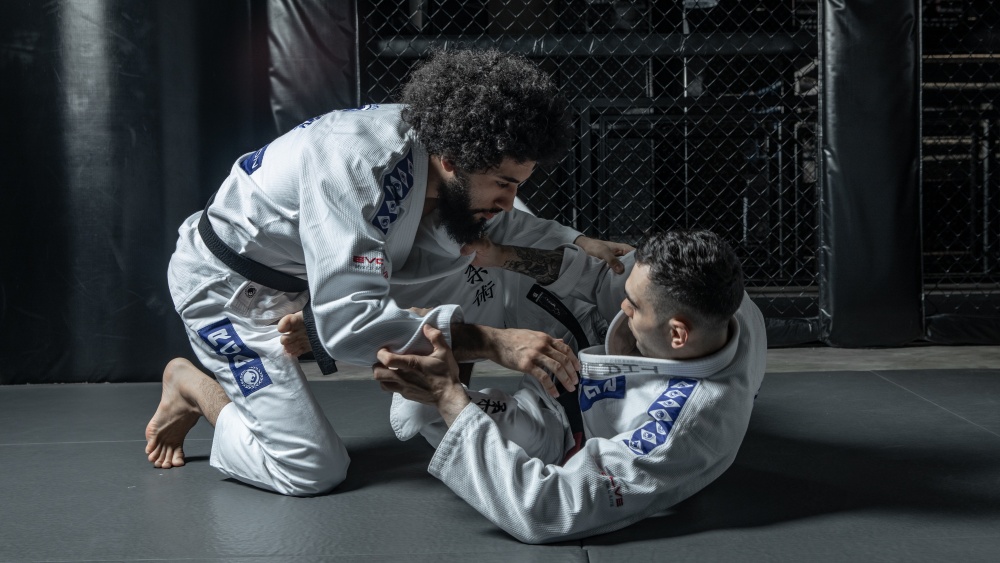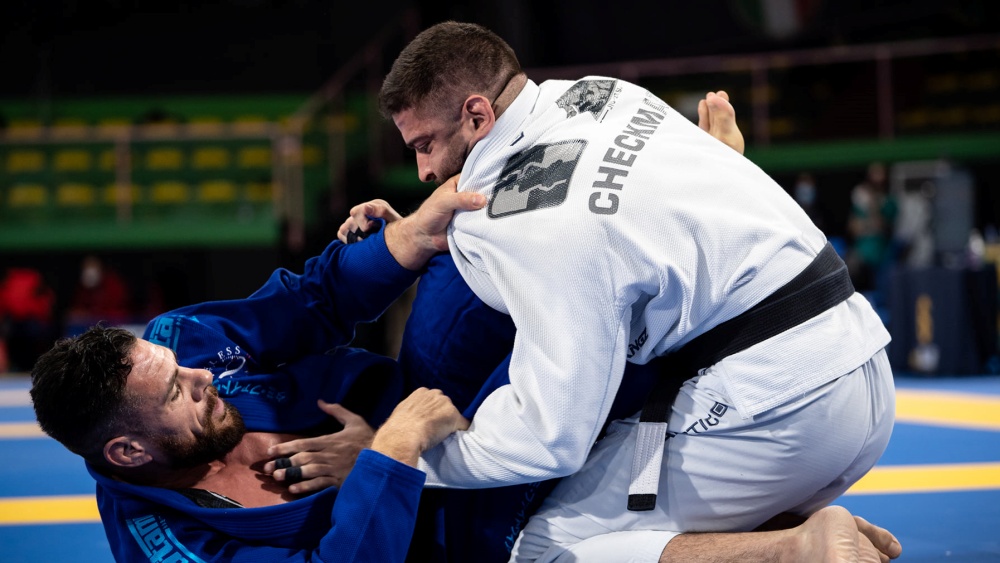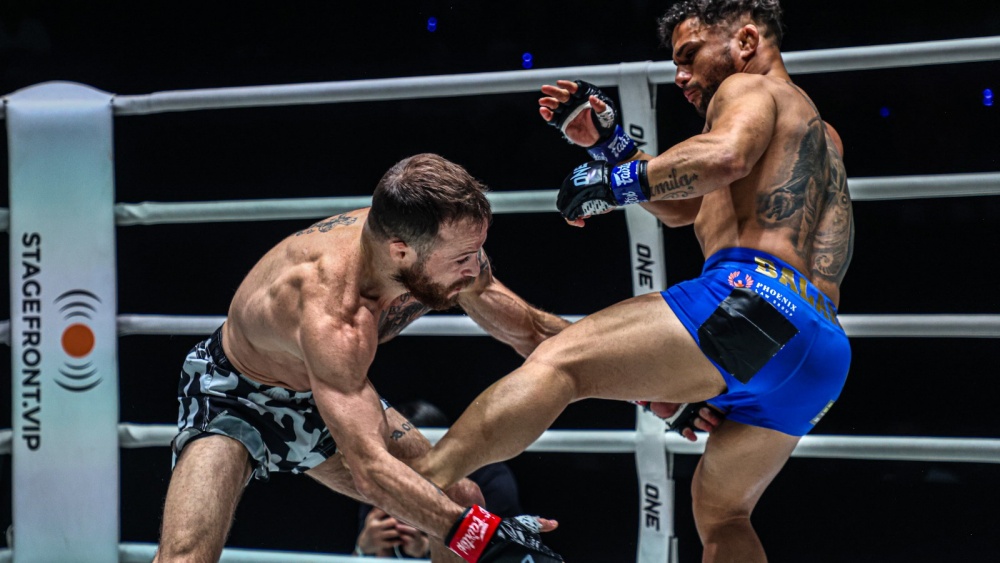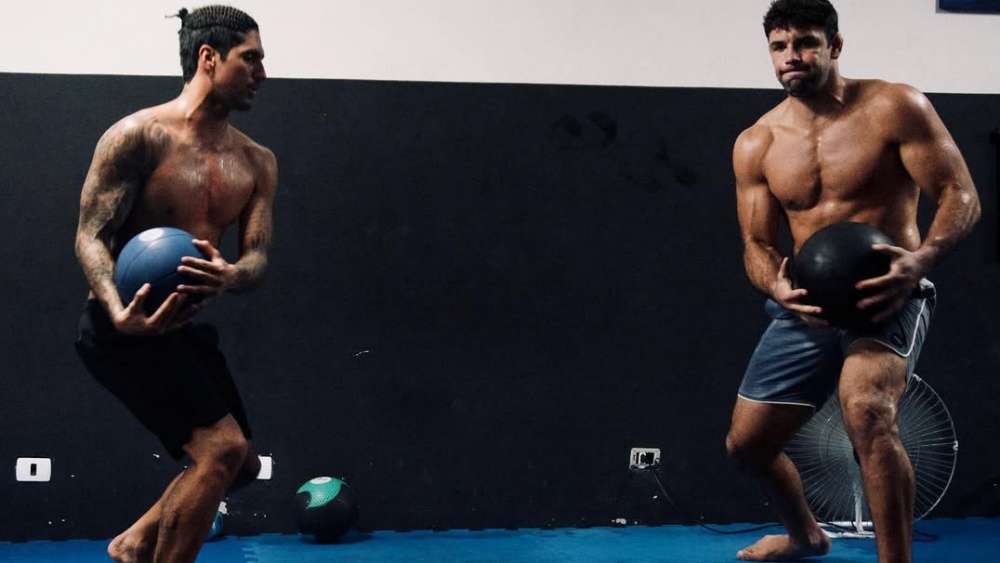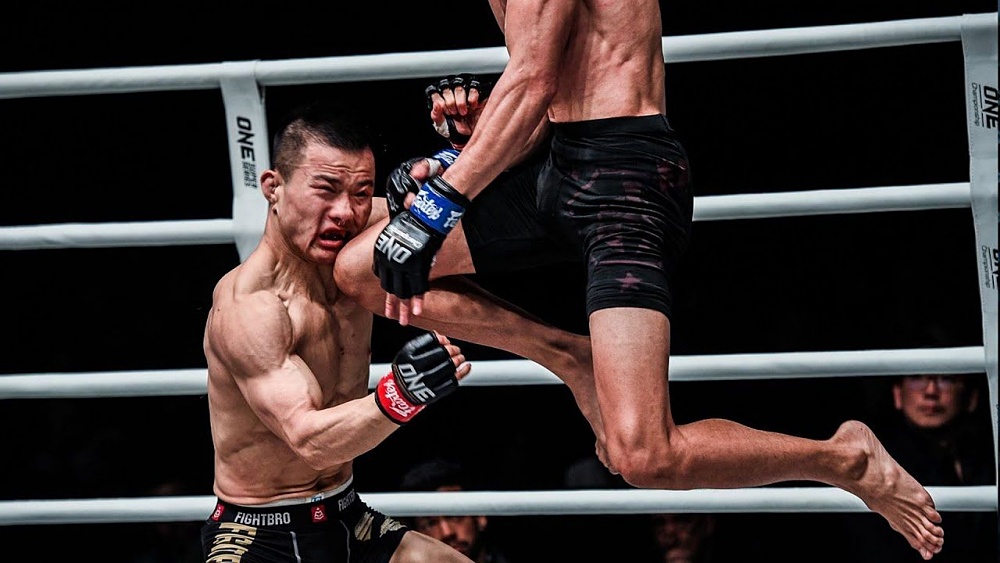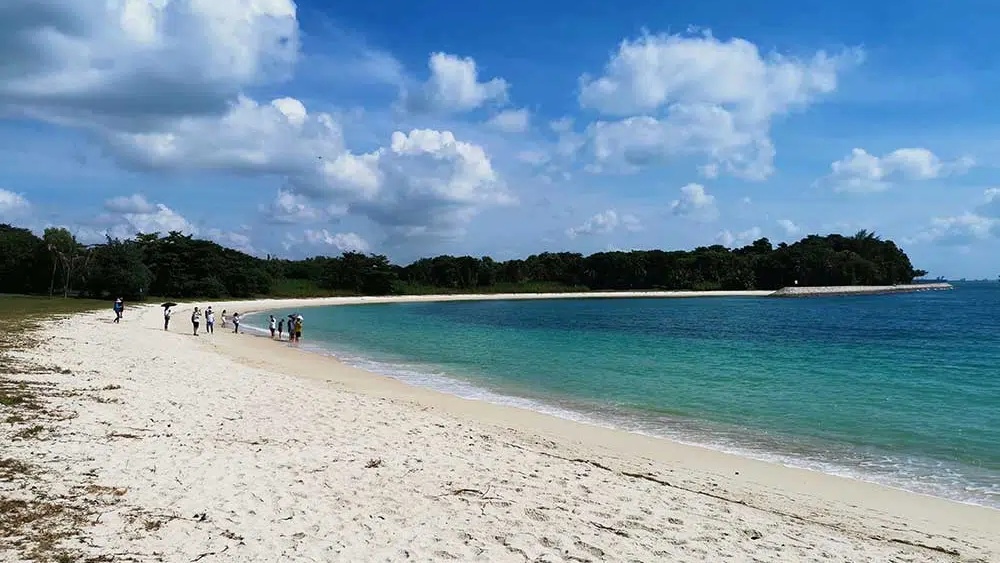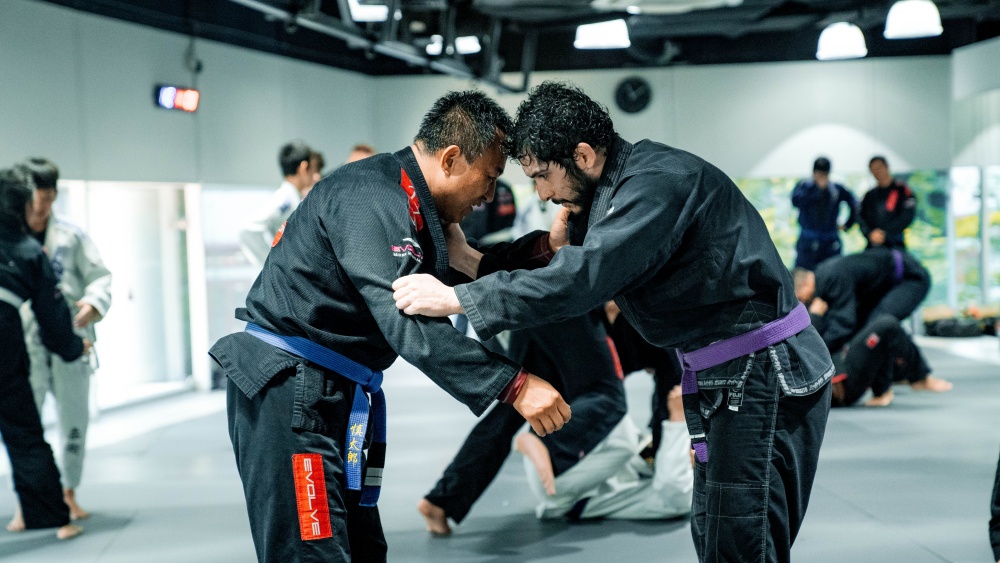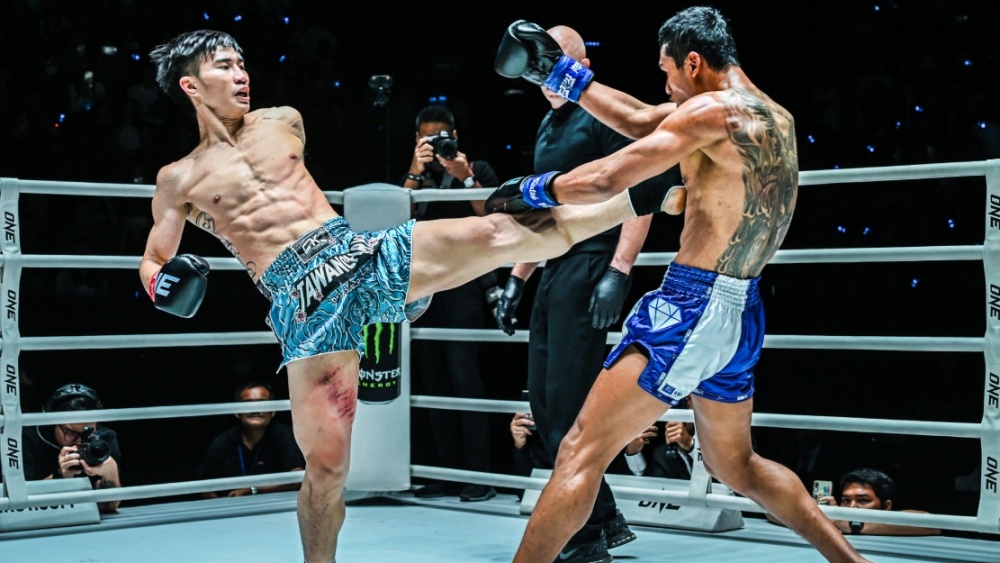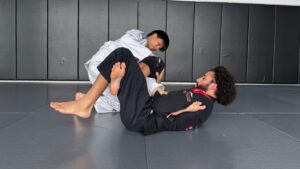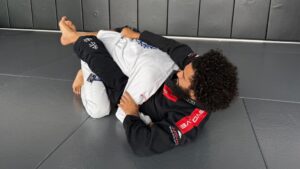Martial arts like Brazilian Jiu-Jitsu can be intense and exhausting on the body. BJJ, like other forms of grappling arts, requires the whole body to physically dominate an opponent. With this, it is expected to sometimes feel beat down after a hard training session. This article will discuss a part of BJJ training that most people neglect: rest and recovery.
Rest And Recovery Is An Essential Part Of BJJ
Rest and recovery time is important for keeping the muscles healthy, so you can continue to train at a high intensity without overtraining or injuring yourself. If you know the best way to recover quickly after hard training sessions, then your body will feel better in between workouts, allowing you to train more often.
And if you have proper rest, which lets your muscles get the right nutrients and plenty of sleep, you’ll feel great on the mats since your body will be ready to push itself hard. So give yourself rest time between intense workouts so that you can continue to maintain an active lifestyle while getting in top shape.
What Does The Body Need To Recover From Intense Workouts Like Martial Arts?
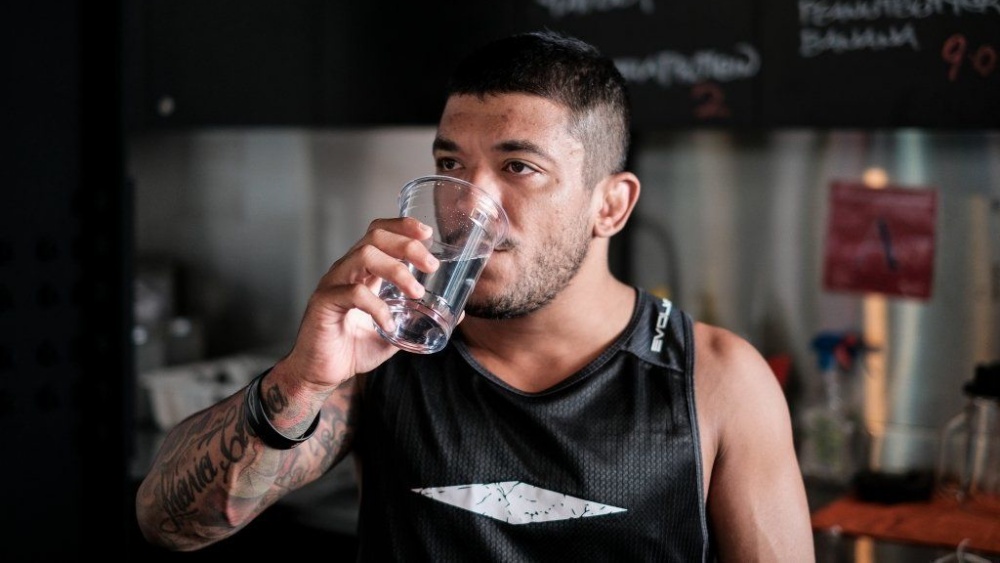
Some of the things you can do to help your body recover are drinking lots of fluids, eating a healthy diet, sleeping well, and taking days off from training when needed. The type of workout doesn’t matter as much as your overall lifestyle habits. If you have a healthy lifestyle, then you will be able to train hard on the mat.
Staying hydrated before, during, and after workouts is a great habit to have as a martial artist. We lose water during intense physical activities, and working out while dehydrated is worse. If you’ve been training for a while, you’d know that BJJ can get intense, especially when competition season is near. It is important to keep a bottle filled with plain water close whenever you train.
In relation to staying hydrated when training, being mindful of your diet is another easy way to help your body recover from the intensity of training. Keep in mind that food and water are fuel for the body – a meal full of protein, carbohydrates, and healthy fat can help you not only feel satiated; it can also speed up the process of healing the body for the next workout.
Be mindful of the quantity of food that you eat. It is fine to indulge in food once in a while, but don’t overdo it. Supplementation is also a viable way to help the body recover. A simple multivitamin is usually enough, provided that your diet is on point.
Sleep And Active Recovery
Sleep is perhaps the most crucial part of recovery. Sleep helps the body heal and is nature’s way of charging up our “internal batteries”. It is recommended to get around 8 solid hours of sleep every day. On top of this, many athletes also include naps as part of their regular training. ADCC champion Gordon Ryan mentioned that he schedules mid-day nap as part of his daily routine. This is an excellent idea because naps can give you a jolt of energy to help you perform well on the mats. Think of naps as a healthier version of drinking a cup of coffee for the day!
Active recovery is also an important way to keep the body healthy. There are many ways to do active recovery; an easy example is to stretch on your off days. Stretching is important because it helps the muscles relax after days of hard training in the gym. It allows your muscles to move more efficiently, increasing range of motion and flexibility while decreasing muscular resistance during exercise. The act of stretching releases tight muscles as a result of intense physical activity. It helps promote joint surface circulation, reduces arthritic discomfort, and improves the quality of your sleep.
Another way to do active recovery is to take slow walks. Walking is beneficial to the body because it helps with blood circulation. It is also easy on the body, so you can do this many times a week. Walking is considered very helpful for people who have injuries or are up there in age.
Taking Days Off
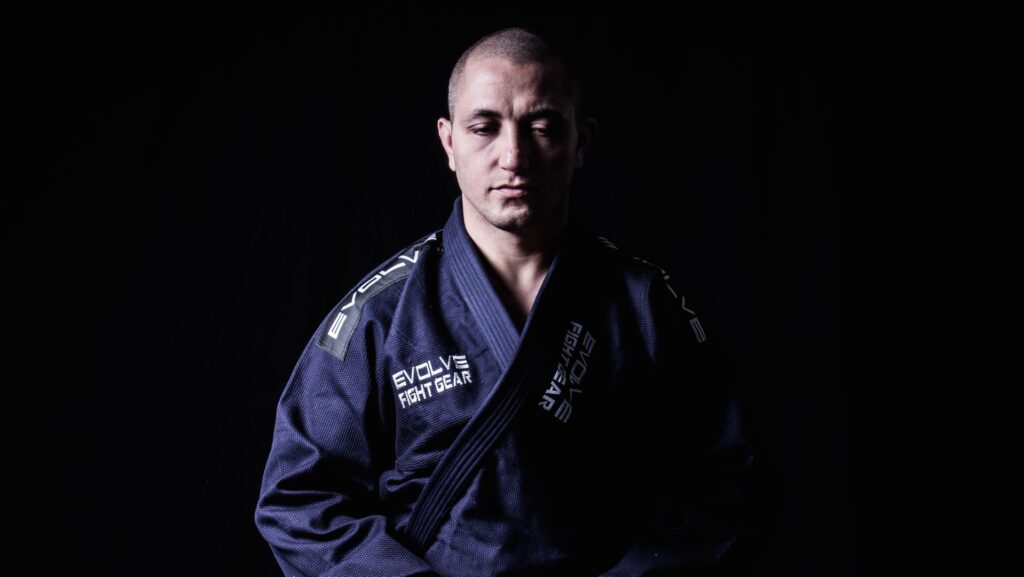
Keep in mind that everyone recovers at a different rate; therefore, not everyone needs the same amount of rest and recovery time. Some people may only need a day or two of rest before they’re ready to hit it hard again, while others need more days of rest between high-intensity sessions. It takes some trial and error to determine how much rest you actually need between workouts to feel your best when it comes time to train again.
As a general rule, three sessions per week is considered average. If you are new to martial arts, going three times a week might be a good way to test if you can handle it. You can always adjust from there.
If you’re feeling especially worn out and beat up after a tough training session, it is a good idea to take more than just one day off before going back for another hard workout. The key is listening to your body and doing what’s right for you. So regardless of how long it’s been since your last hard workout, consider taking at least one day off from working out before stepping back onto the mats.
Final Thoughts
Rest and recovery should always be included in your training regimen. Being mindful of your food/water intake and your rest days will help you manage body pains, which helps prevent injuries. The more we keep our bodies healthy, the better we’ll perform on the mats. At the end of the day, keeping your body healthy and injury-free should always be the top priority.
You may also like:
